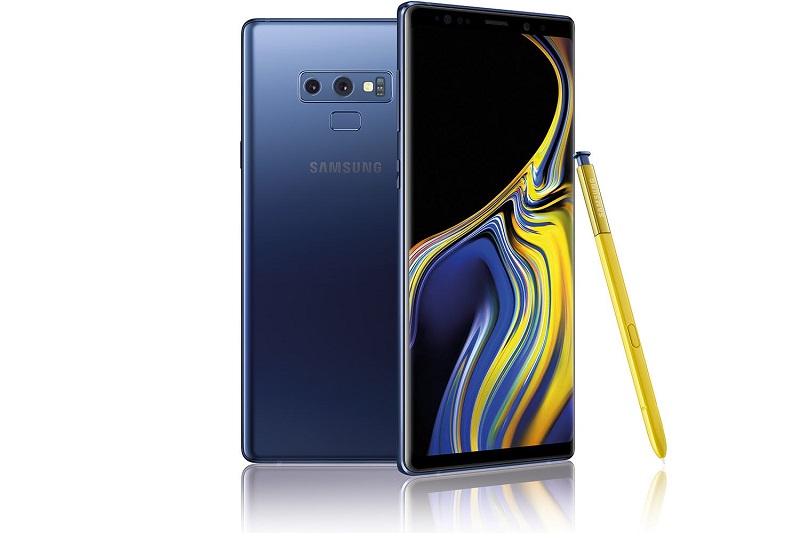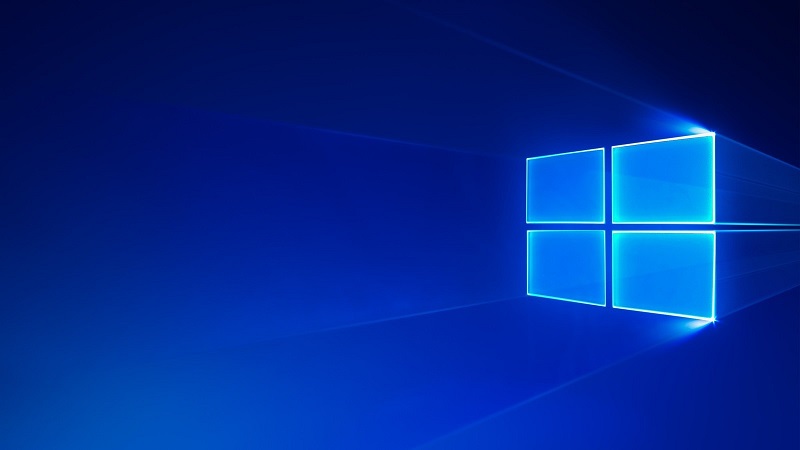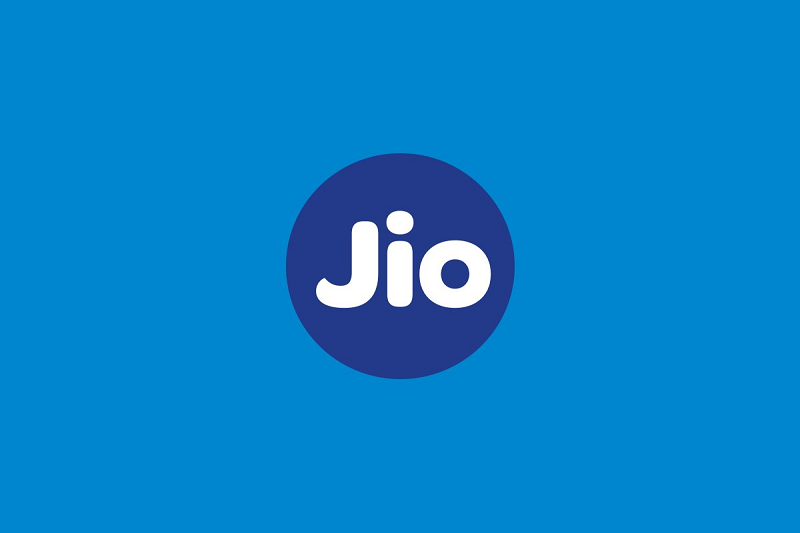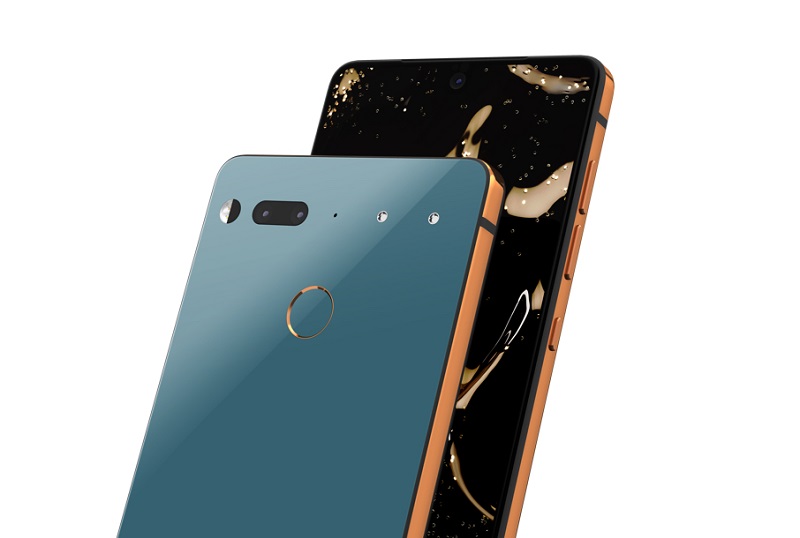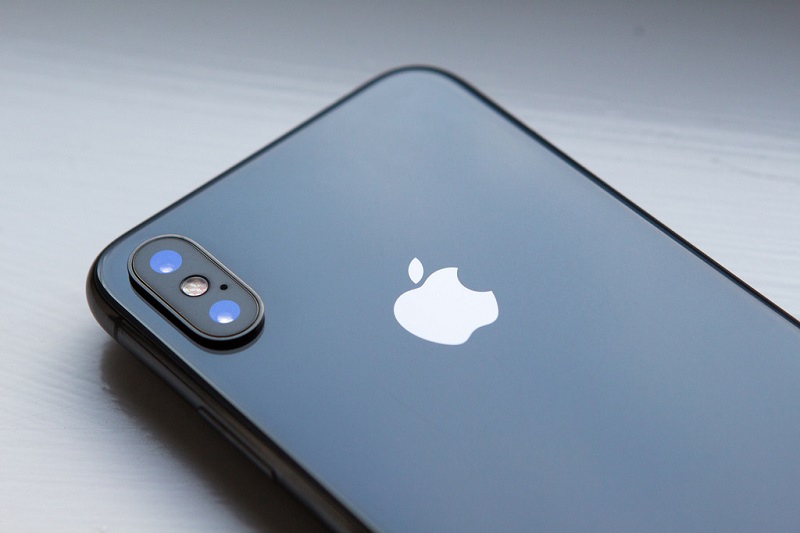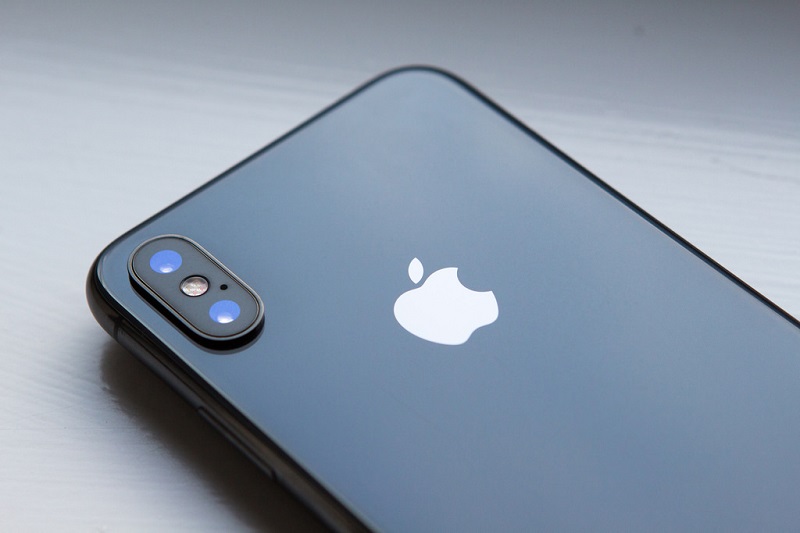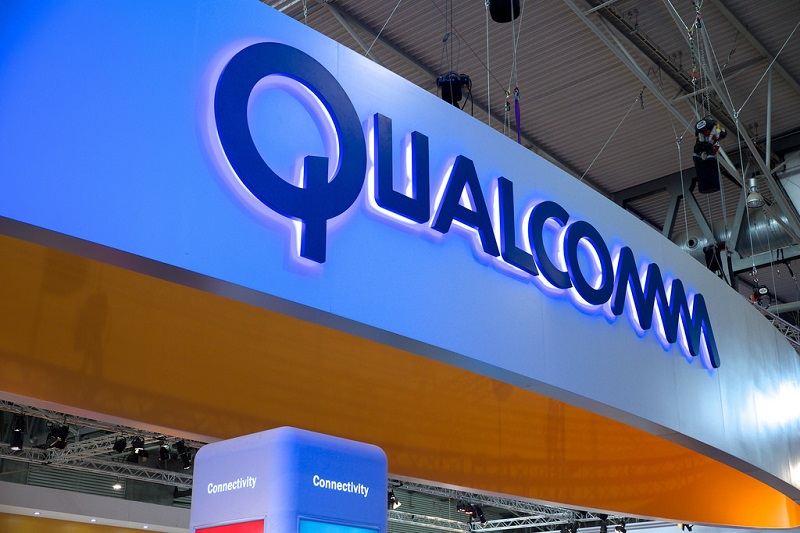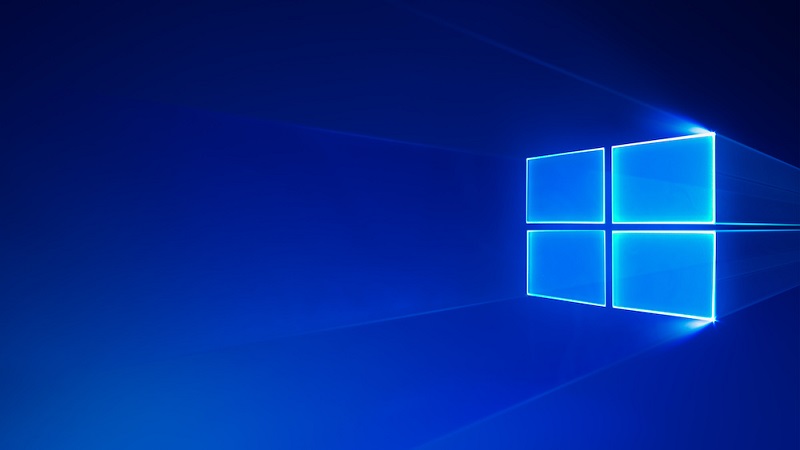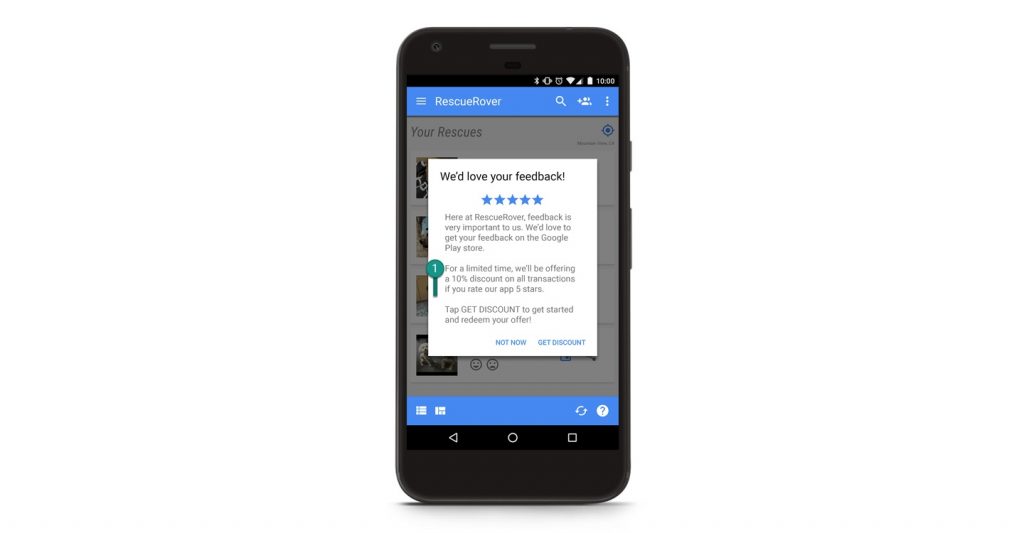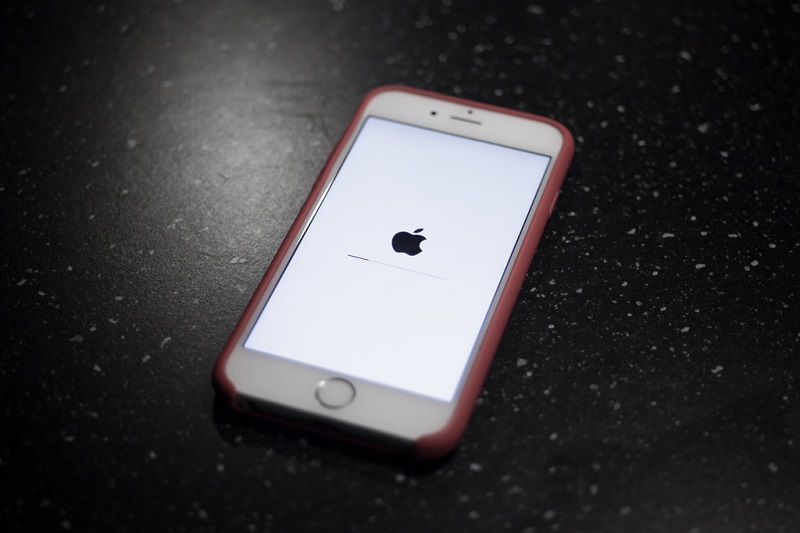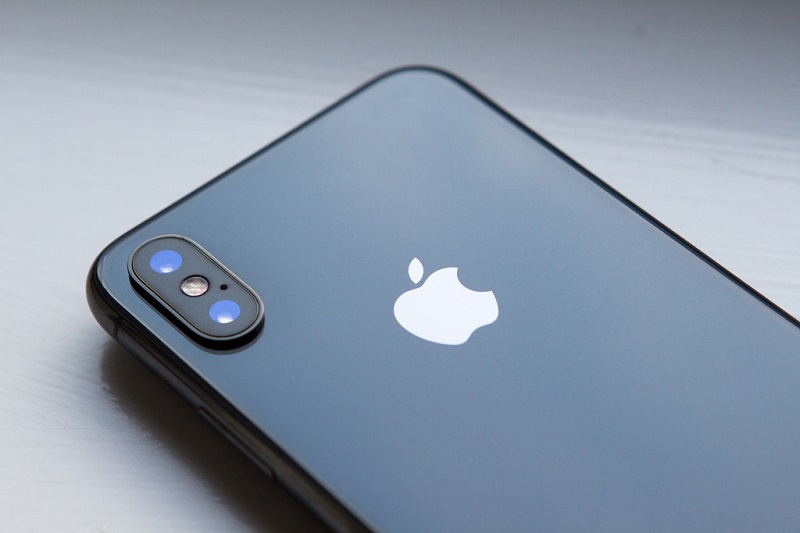Amazon has now become the world’s most valuable company, as it manages to surpass Microsoft, who has enjoyed the top spot since November last year. According to a report by BBC, Amazon has become worth $810 billion, while Microsoft is now valued at $789 billion. The duo are followed by Google’s parent company Alphabet at $752 billion, while Apple is now valued at $702 billion.
The report further notes that Microsoft overtook Apple in late 2018, while Amazon edged past the iPhone-maker in December to take the runner-up spot.
Apple, the once most valued company in the world, keeps going down. Last year, the Cupertino giant became the world’s first trillion dollar company. However, the company has been on a steady decline over the past 6 months.
Now, this is primarily because of low sales of its most popular product – the iPhone. Apple’s latest iPhone-lineup, which was supposed help the company get back at the top, is selling well below expectations. This led to a decline in the value of Apple’s shares. However, CEO Tim Cook asserts Apple is still well positioned in the market as a leader.
“I’m never surprised by the market, to be honest with you, because I think the market is quite emotional in the short term. We sort of look through all of that. We think about the long term. And so when I look at the long-term health of the company, it has never been better. The product pipeline has never been better. The ecosystem has never been stronger. The services are on a tear,” Cook said in an interview with CNBC.
Meanwhile, Amazon has enjoyed a constant growth since early 2017. The company’s Founder, Jeff Bezos, also became the richest person in the world last year at a net worth of $150 billion.

